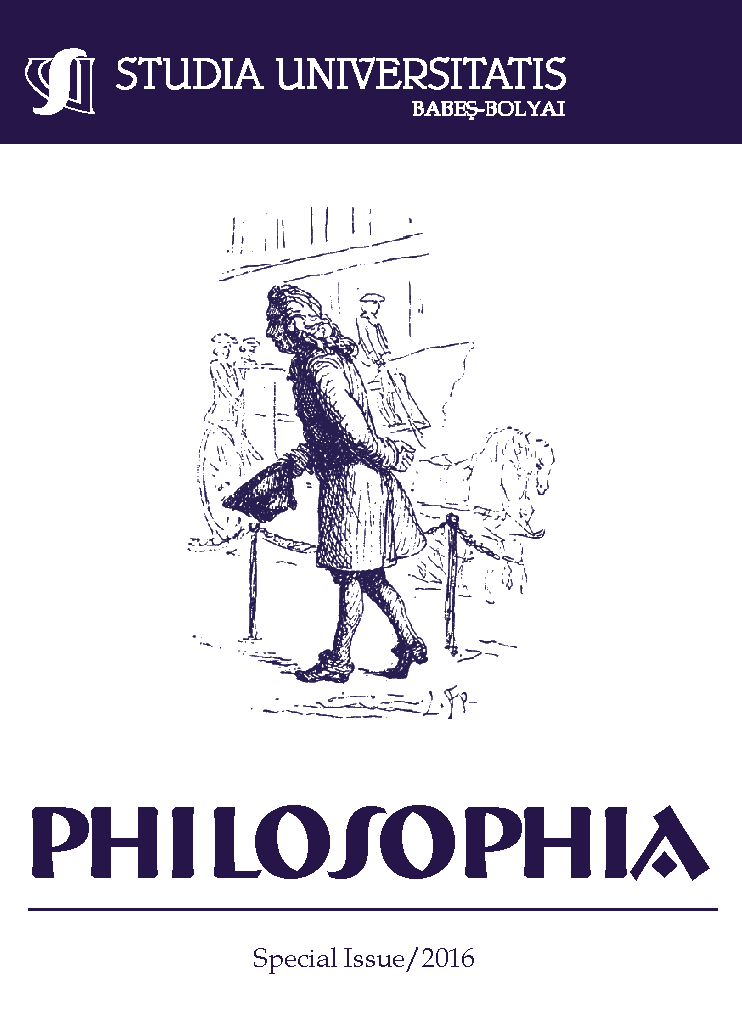THE SIGNIFICANCE OF LIFE IN GROUNDING COGNITION
Keywords:
life, mind, enactive approach, autopoiesis, agency, autonomyAbstract
The Significance of Life in Grounding Cognition. In this study I would like to investigate the relationship between life and mind. First, I take up the problem of defining life based on the theory of autopoiesis. Next, I consider the meaning of cognition and I interpret two lines of reasoning regarding the criteria for having a mind and about the beginnings of mind in the living world. I will argue that if we consider the narrow, more familiar meaning of the term “mind”, then it turns out that only a subclass of living entities can be regarded as minded, but if we consider the broad sense of the term, that all living systems can be rightly thought of as cognitive. Secondly, the more advanced forms of cognitive processes found in animal life can be thought of as complexified extensions of the basic life-regulative capacities.
Downloads
Published
How to Cite
Issue
Section
License
Copyright (c) 2016 Studia Universitatis Babeș-Bolyai Philosophia

This work is licensed under a Creative Commons Attribution-NonCommercial-NoDerivatives 4.0 International License.





